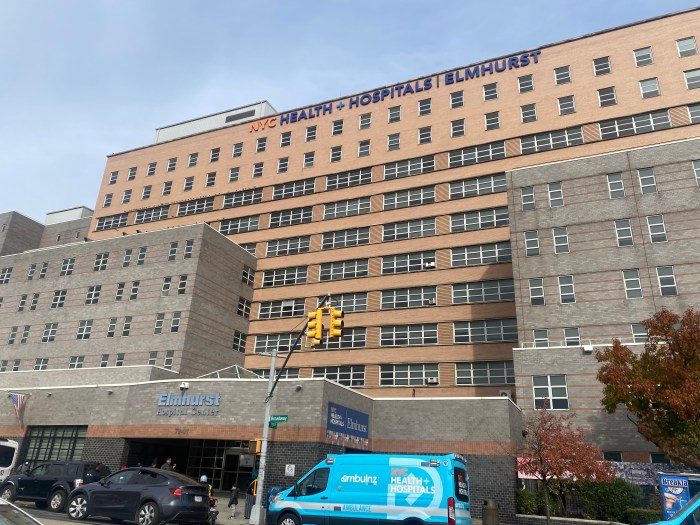In our last column, we left off our discussion of guardianships just prior to the actual commencement of the guardianship hearing. All parties to a guardianship proceeding may present evidence, call witnesses and cross-examine witnesses. The hearing must be conducted in front of the Alleged Incapacitated Person (the “AIP”) unless the person is not located in the state or is completely unable to or cannot meaningfully participate in the hearing.
Often many of our clients are children or spouses of an AIP who may suffer from Alzheimer’s disease or severe dementia. In those cases, the hearing is held without the attendance of the AIP because he/she is usually unable to meaningfully participate in the proceeding.
A hearing must be conducted no later than twenty-eight days from the signing of the order to show cause. The petitioner (the individual that petitions the court to become guardian) has the burden of proving that the AIP is incapacitated and the petitioner must prove incapacity by “clear and convincing evidence.” Often the court evaluator testifies at the hearing and his/her report is then admitted into evidence. The court evaluator is the individual appointed by the court to evaluate the guardianship matter, including whether the AIP is incapacitated and whether or not the petitioner is suitable, and report back to the court.
The court is required to render a decision within seven days of the hearing. The court decides whether the guardian has authority to act with regard to the AIP’s property management, personal needs or both. If the court finds that the AIP is not incapacitated, the court will dismiss the petition. If the AIP is found to be an incapacitated person (“IP”), the court will order the appointment of a guardian with the intention of effecting the least restrictive form of intervention.
After the hearing, the attorney prepares an order and judgment for the judge to sign and it must be served on all interested parties within ten days of the signing.
Any individual over eighteen years of age, a not for profit corporation, a social services official or public agency may be appointed guardian. In making the appointment, the court considers the existence of a power of attorney, the social relationship between the IP and the proposed guardian and the social relationship between the IP and other persons concerned with the IP’s welfare. Also considered are the care and services being provided to the IP.
Guardians have a duty to afford the IP as much independence as possible. Personal needs guardians must visit the incapacitated person at least four times a year. Guardians over property must preserve, protect and account for financial resources, and use the resources and income to maintain support of the IP.
A guardian’s powers (requested in the petition) are authorized specifically by the court. A personal property guardian’s powers include the power to effectuate a Medicaid plan to pay for long-term care, make gifts, convey property, enter into contracts, create revocable and irrevocable trusts, and pay bills. A personal needs guardian’s powers include the power to determine who shall provide personal care, determine whether the incapacitated person can travel, apply for government and private benefits, consent to or refuse generally accepted routine or major medical or dental provisions and choose the IP’s place of abode.
The court typically requires the guardian to designate a clerk to receive process and to file a bond. Within five days after a guardian has filed the designation and bond, the clerk will issue the commission, which allows the guardian to begin to act on behalf of the IP.
Guardians must file an initial report no later than ninety days after issuance of the commission. They must subsequently file an annual report in May of each year. The reports are examined by and subject to the approval of the court examiner.
Guardians need not toil for free. They are entitled to reasonable compensation as determined by the court.
Ronald A. Fatoullah, Esq. is the principal of Ronald Fatoullah & Associates, a law firm that concentrates in elder law, estate planning, Medicaid planning, guardianships, estate administration, trusts and wills. The firm has offices in Forest Hills, Great Neck, Manhattan, Brooklyn and Cedarhurst, NY. Fatoullah has been named a “fellow” of the National Academy of Elder Law Attorneys and is a former member of its Board of Directors. He also serves on the Executive Committee of the Elder Law Section of the New York State Bar Association. Fatoullah has been Certified as an Elder Law Attorney by the National Elder Law Foundation. Fatoullah is a co-founder of Senior Umbrella Network of Queens. This article was written with the assistance of Stacey Meshnick, Esq., who supervises the Medicaid Department at the firm. The firm can be reached by calling 718-261-1700, 516-466-4422 or toll free at 1-877-ELDER-LAW or 1-877-ESTATES.



































